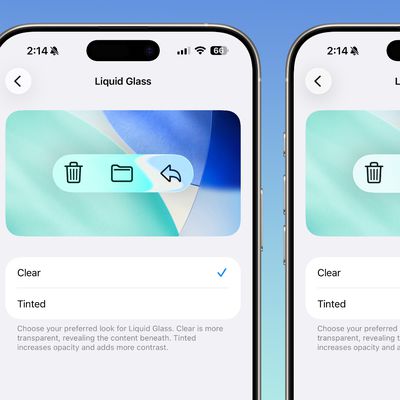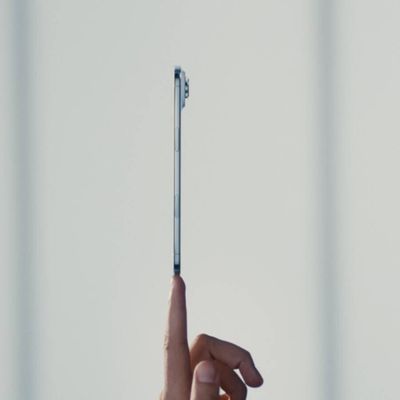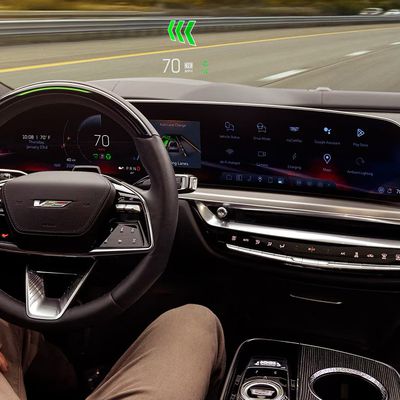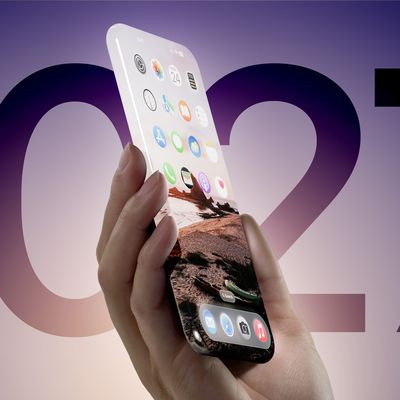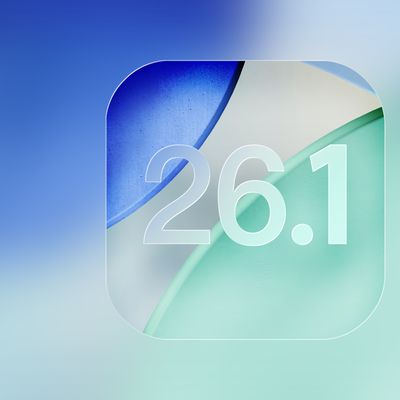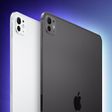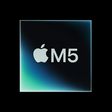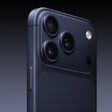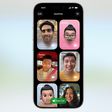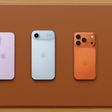Apple's 'Unbreakable' iOS Device Encryption Highlighted
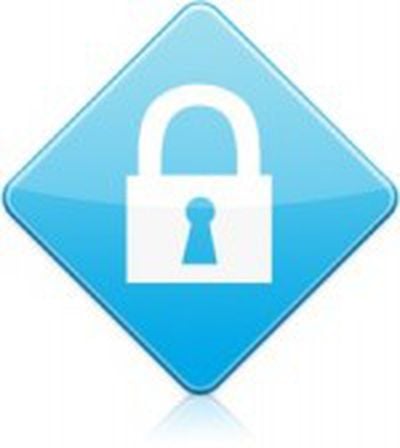 Technology Review takes a look at the evolution of security on the iPhone, noting how Apple has been able to gain acceptance in government and enterprise by overcoming its initially lax stance on device security to roll out industry-leading encryption options that can defeat essentially all attempts at accessing properly protected devices.
Technology Review takes a look at the evolution of security on the iPhone, noting how Apple has been able to gain acceptance in government and enterprise by overcoming its initially lax stance on device security to roll out industry-leading encryption options that can defeat essentially all attempts at accessing properly protected devices.
At the heart of Apple's security architecture is the Advanced Encryption Standard algorithm (AES), a data-scrambling system published in 1998 and adopted as a U.S. government standard in 2001. After more than a decade of exhaustive analysis, AES is widely regarded as unbreakable. The algorithm is so strong that no computer imaginable for the foreseeable future—even a quantum computer—would be able to crack a truly random 256-bit AES key. The National Security Agency has approved AES-256 for storing top-secret data.
As Apple highlights in a recent white paper (PDF) on iOS security, this hardware security involves the incorporation of a unique AES-256 key fused into each iOS device and which can not be directly read.
Access to the device's software can be restricted with a PIN passcode, and while the default passcode option for iOS is a four-digit number, users can opt to use significantly longer and more complex passcodes. And with brute-force attacks required to break iOS passcodes needing to be run on the device itself at a speed of 80 milliseconds per attempt, a device with an eight-digit passcode could take up to 15 years to compromise.
"There are a lot of issues when it comes to extracting data from iOS devices," says Amber Schroader, CEO of Paraben, a supplier of forensic software, hardware, and services for cell phones. "We have had many civil cases we have not been able to process ... for discovery because of encryption blocking us."
Most of the information included in this report is not particularly new, and Apple's white paper goes into more detail on the company's efforts to address security on iOS devices, but the report offers an overview of the layers of security Apple has built into its products.
Popular Stories
With the fourth betas of iOS 26.1, iPadOS 26.1, and macOS 26.1, Apple has introduced a new setting that's designed to allow users to customize the look of Liquid Glass.
The toggle lets users select from a clear look for Liquid Glass, or a tinted look. Clear is the current Liquid Glass design, which is more transparent and shows the background underneath buttons, bars, and menus, while tinted ...
Apple is "drastically" cutting production of the iPhone Air and shifting focus toward the iPhone 17 and iPhone 17 Pro models, Nikkei Asia reports.
The business publication claims to have learned of a major cut to iPhone Air production motivated by weaker-than-expected consumer interest, nearly to "end of production levels." Despite early reports of the iPhone Air selling out within hours of...
Back in 2012, an Apple retail employee named Sam Sung went viral because his name is similar to Samsung, one of Apple's main competitors. In a recent interview with Business Insider, he detailed that period in his life, how Apple responded, and he explained why he ultimately changed his name.
Someone posted an image of Sung's Apple business card on Reddit in 2012, and it spread rapidly....
General Motors began phasing out support for CarPlay in its electric vehicles back in 2023, leading to complaints from iPhone users, but the company has no plans to back down.
In fact, GM is going further and plans to remove CarPlay from all future gas vehicles, too. In an interview with The Verge, GM CEO Mary Barra said that the company opted to prioritize its platform for EVs, but the...
Apple plans to launch a new type of iPhone every year for the foreseeable future, according to an Asia-based source.
The detailed information was shared by the account "yeux1122" in a blog post on the Korean platform Naver, citing domestic trend and component research companies.
Corroborating other reports, Apple will apparently launch its first foldable iPhone in 2026, featuring a...
With the fourth beta of iOS 26.1, Apple added a toggle that makes Liquid Glass more opaque and reduces transparency. We tested the beta to see where the toggle works and what it looks like.
Subscribe to the MacRumors YouTube channel for more videos.
If you have the latest iOS 26.1 beta, you can go to Settings > Display and Brightness to get to the new option. Tap on Liquid Glass, then...
iOS 26 was released last month, but the software train never stops, and iOS 26.1 beta testing is already underway. So far, iOS 26.1 makes both Apple Intelligence and Live Translation on compatible AirPods available in additional languages, and it includes some other minor changes across the Apple Music, Calendar, Photos, Clock, and Safari apps.
More features and changes will follow in future ...
Even though we're at the fourth beta of iOS 26.1, Apple is continuing to add new features. In fact, the fourth beta has some of the biggest changes that we'll get when iOS 26.1 releases to the public later this month. We've rounded up what's new below.
Liquid Glass Transparency Toggle
Apple added a toggle for customizing the look of Liquid Glass. In Settings > Display and Brightness,...
The upcoming iOS 26.1 update includes a handful of new features and changes for iPhones, including a toggle for changing the appearance of the Liquid Glass design, "slide to stop" for alarms in the Clock app, and more.
iOS 26.1 is currently in beta testing. The update will likely be released in the first half of November, and it is compatible with the iPhone 11 series and newer, but some...
![]() Technology Review takes a look at the evolution of security on the iPhone, noting how Apple has been able to gain acceptance in government and enterprise by overcoming its initially lax stance on device security to roll out industry-leading encryption options that can defeat essentially all attempts at accessing properly protected devices.
Technology Review takes a look at the evolution of security on the iPhone, noting how Apple has been able to gain acceptance in government and enterprise by overcoming its initially lax stance on device security to roll out industry-leading encryption options that can defeat essentially all attempts at accessing properly protected devices.

